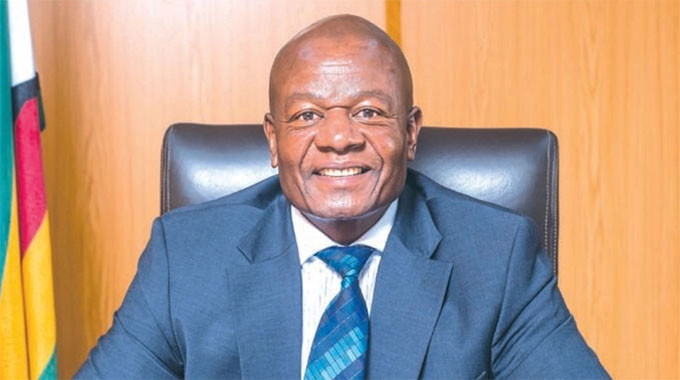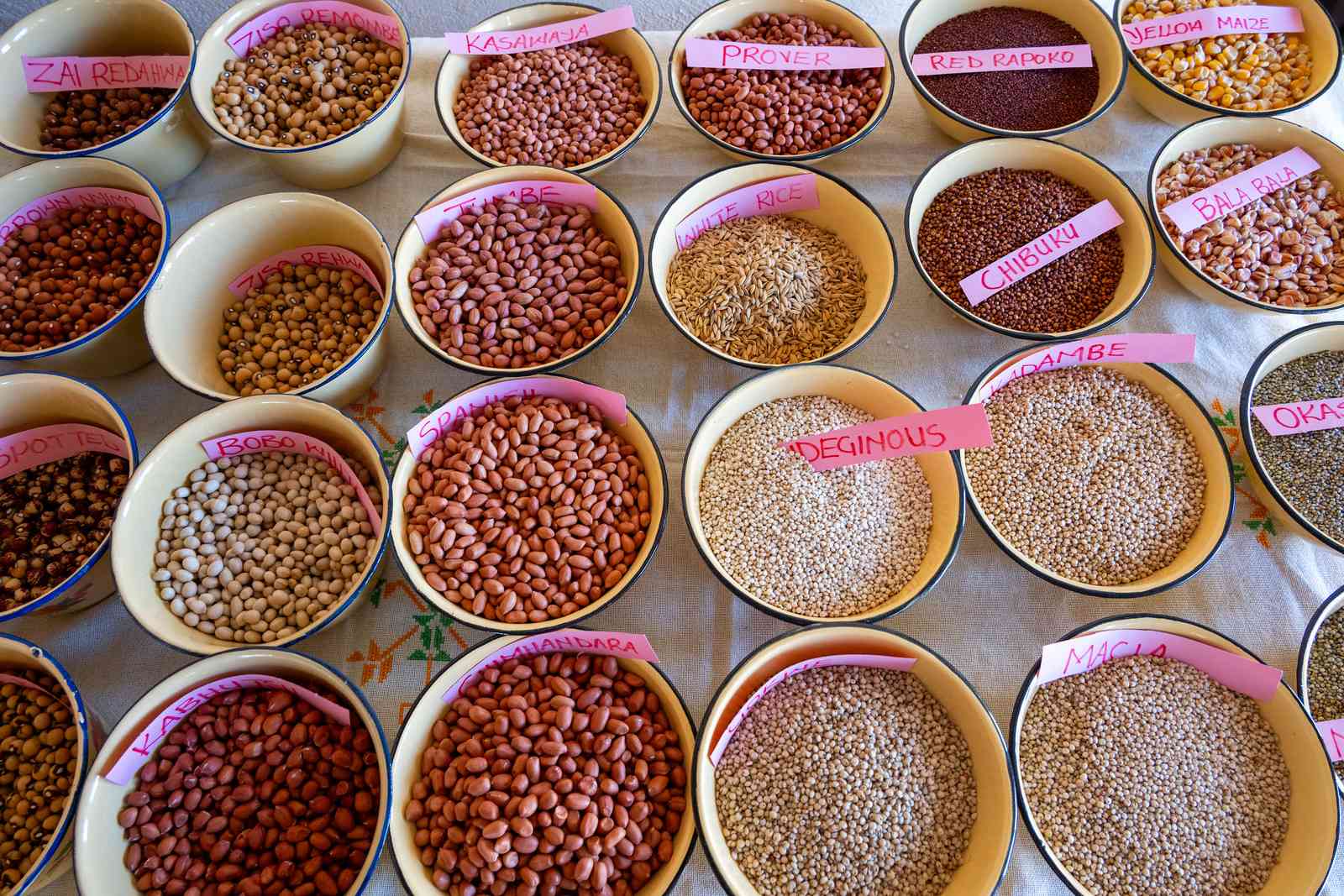
Government is taking a calculated capture of the youths using the political economy, but its ban on vending in urban areas and the newly agreed youth policy fall short of addressing the systemic collapse and endemic structural deficits in the economy.
Local government minister Daniel Garwe, a fortnight ago, banned vending in the capital, Harare, arguing that vending — especially at night — was fuelling illegal activity, crippling formal businesses and eroding urban order.
Garwe said: “Night vending has brought with it illicit drug and substance dealings, which is a threat to health, economy and national security.
“The importation and selling of second-hand clothing is banned, and consequently, street and night vending activities are equally banned. The time to act is now, not later.”
This, on the face of it, seems like a radical move to stop the chaos in the city and the start of new, organised and formal activities in Harare.
However, the ban will be stillbirth as the economic realities dictate otherwise. Many youths are unemployed, with official statistics saying as much as 60% of the youths are out of formal employment, not skilled, and untrainable.
It is difficult to get them into formal employment in a highly informalised economy. Therefore, vending remains the only option to eke out a living or starve.
On reflection, the government this week announced during a post-Cabinet briefing that it had approved the new National Youth Empowerment Strategy for 2026-2030.
- Teachers, other civil servants face off
- Veld fire management strategies for 2022
- Benzema confident Real will reach UCL final
- Magistrate in court for abuse of power
Keep Reading
“The Cabinet of Zimbabwe has approved the National Youth Empowerment Strategy for 2026-2030, which seeks to create an environment that encourages young people to participate in the formal economy,” the post-Cabinet statement read.
It added that the strategy would be used by ministries, government agencies, local authorities, the private sector, and development partners to start programmes and projects that empower young people through job creation and entrepreneurship.
This all looks dandy until the government reveals its real intention in subsequent paragraphs.
“The Government is committed to empowering this youth demographic by ensuring their access to education, training, political participation, economic opportunities, recreational facilities and protection from harmful practices. The strategy recognises both in-school and out-of-school youth,” it said.
What is political participation? Youths have always been part of the body politic in Zimbabwe since the liberation war days. The first Cabinet at independence had several ministers below the age of 35. And more recently, Constitutional Amendment 2 created a parliamentary quota of 10 seats for youths voted on proportional representation.
The youth quota is separate from those who can be directly voted for by constituencies. On average, Zimbabwe's Parliament since 2000 has had a tenth of its MPs being younger than 35.
So, what does the new clause on political participation mean? It’s conceivable that the Zanu PF government is looking at expanding its partisan programmes like the National Youths Service and the Chitepo School of Ideology under the banner of a supposed youth strategy.
There is no clarity on how it would address access to education, training, political participation and economic opportunities. This is not a coincidence, but it is inept and has no idea how to revive the formal economy and hides behind terms such as ‘Zimbabwe is open for business’, ‘mega deals’ and ‘economic empowerment’.
These are hollow slogans because the Zanu PF government has put money in the budget for this. It is all froth and no beer.
Interestingly enough, this new policy strategy comes less than three weeks after the Mid-Term Fiscal Review statement. The statement did not provide for all these new ambitions.
Perhaps, Zanu PF can afford to be this clumsy because it’s running a one-man race – no opposition whatsoever.
The opposition in the last decade, besides contesting elections, has not produced any coherent policy papers on dealing with the informal economy, youth unemployment, education and training, and economic opportunities.
It has not aggressively and robustly debated and debunked the Zanu PF policies. Its shadow ministers have not stood up against Cabinet ministers and offered alternatives. The reason is simple: they don’t have policies except to oppose.
This gives Zanu PF the chance to mess with the economy and, at every election, present itself as a Messiah by digging deeper into the national debt hole to fund populist projects ahead of polls.
It is time the real opposition stands up and shows the citizens its cards on how it wants to address the informal economy, youth unemployment, education and training, and economic opportunities.
These should not be only paragraphs filled with words. They should contain what would be done, estimated costs, and where the funding would be coming from. Anything less than that would be mere mimicking of what the opposition should be.
It becomes apparent that the two policies by Zanu PF are only meant to further disillusion youths, particularly in urban areas, and finally, just before 2028, use them as an election platform.
The plot is simple; demographics show that the 18 to 35 age group now makes up more than 50% of the electorate. Any further disillusionment in this group adds to voter apathy, especially in urban areas, but strengthens Zanu PF's hand in rural communities where it uses freebies and coercion to get the vote.
The last national census, 2022, revealed that 61% of Zimbabweans still live in rural areas. Zanu PF is comfortable being a rural party but exercising control of the government.
It is beyond doubt that Zanu PF is inept, big on sounding leftist and creating a situation in which its members are seen as saviours to communities. However, this has been made possible by a divided and clueless opposition that depends on protest votes rather than having clear election platforms.
If this does not change soon, Zimbabwe will wake up with a failed State filled with warlords and fiefdoms.
- Paidamoyo Muzulu is a journalist based in Harare. He writes here in his personal capacity.










